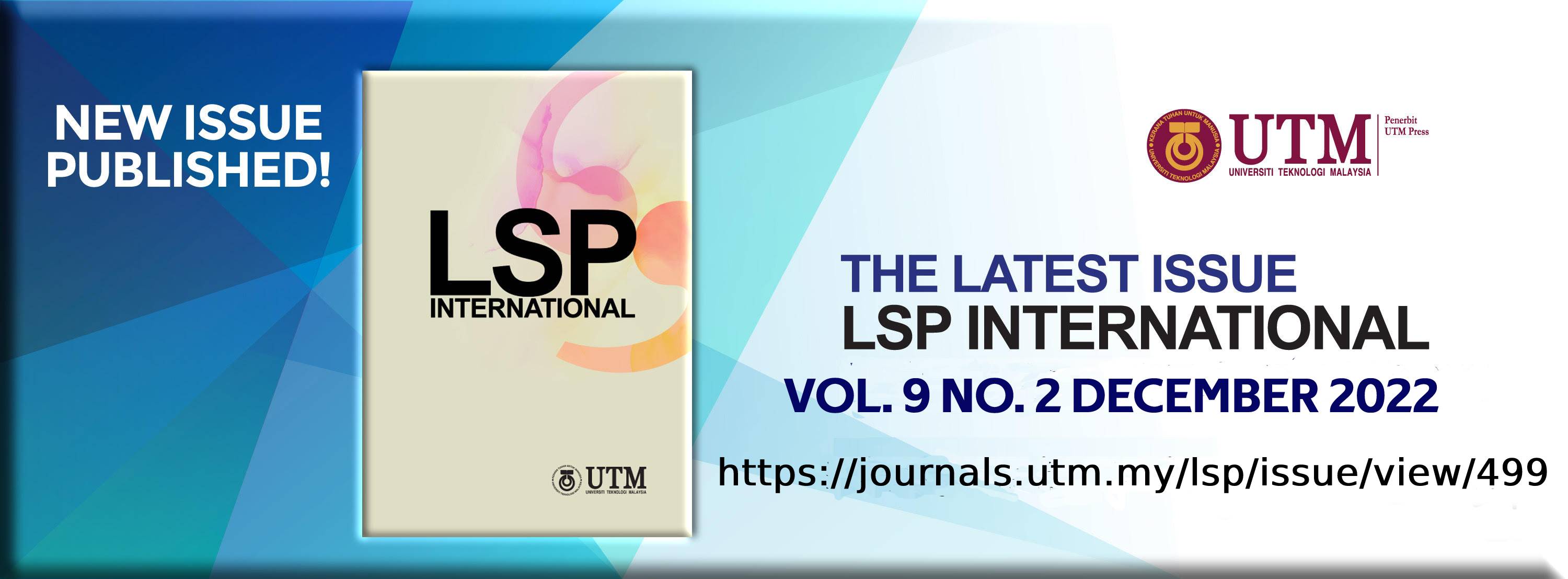Vocabulary Learning in Reading Comprehension: Learners’ Perception of the Use of Morphemic Analysis and Contextual Clues Strategies
DOI:
https://doi.org/10.11113/lspi.v9.19309Keywords:
Contextual clues strategy, morphemic analysis, reading comprehension, vocabulary learningAbstract
Vocabulary knowledge plays an important role in reading as its limitation may affect comprehension. Appropriate learning strategies should be taught for vocabulary and reading comprehension development. The objective of this study was to investigate the learners’ perceptions in using Morphemic Analysis and Contextual Clues Strategies during reading comprehension. The participants comprised 34 Year 6 learners from a primary school in Johor Bahru. They were selected through purposive sampling and divided into Group A that went through six enrichment sessions on Morphemic Analysis Strategy and Group B that went through six enrichment sessions on Contextual Clues Strategy. Each session was conducted for 50 minutes twice a week. Based on a mixed method design, the instruments were questionnaire and interview. Morphemic Analysis and Contextual Clues Strategies were found to be helpful in developing reading comprehension and vocabulary learning but there were also some learners who did not find them to be useful. As such, both strategies could be implemented to help learners in developing reading comprehension and vocabulary knowledge, depending on the learners’ needs and preferences in learning.
















